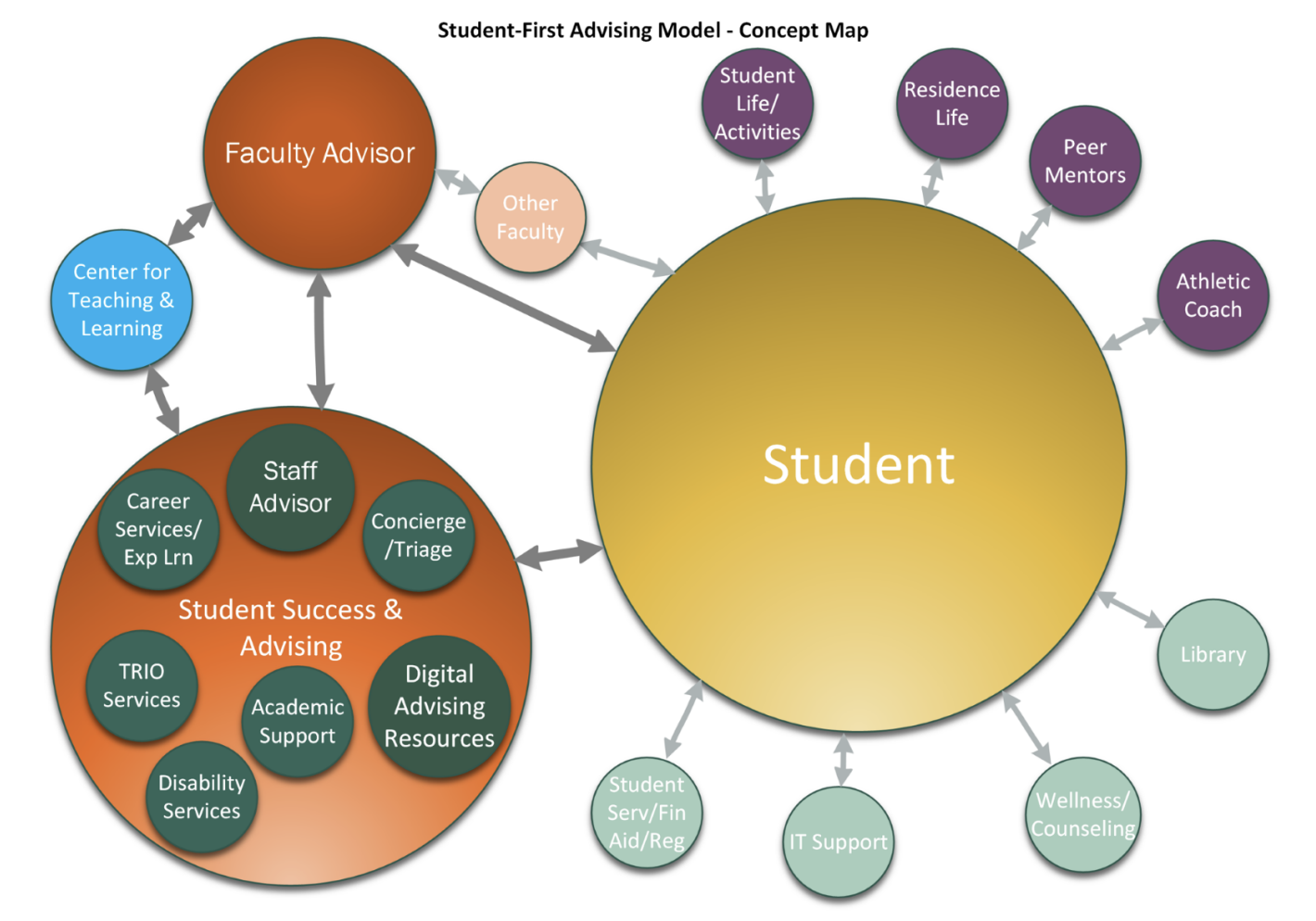 From Provost Tom Mauhs-Pugh:
From Provost Tom Mauhs-Pugh:
Just a couple reminders for you as you finalize your syllabi for the new semester:
1. The University expects (and NECHE demands) that students perform two hours of homework each week for each academic credit they receive. (Typically, therefore, we should assign six hours of homework per week for a normal 3-credit course.)
2. While each professor determines the format and content of their syllabi, experience teaches us that it is very helpful if a syllabus includes the following. In general, your syllabus should set the tone that students who enroll in your course will encounter a welcoming atmosphere, intriguing content, high standards, and explicit consequences.
- Course title and description
- Course objectives and learning outcomes
- Class days / times / location, including Zoom link if applicable and how the course is organized on Canvas
- Your name and contact information (email address, phone number)
- Office location and office hours. For spring 2021, office hours will be “virtual.” So, include how to drop in or arrange a virtual meeting.
- Schedule of classes, assignments, exams, etc. There are many ways to organize this, including by unit or theme. However, students tend to want a class by class schedule with specific dates.
- Required books and other materials
- Grading policy
- Attendance policy
- Participation policy
- Late work and missed exams policy
- Zoom protocols: e.g. cameras on, microphones off, or whatever your preferences are.
- Writing Standards policy
- (e.g.: “Your written work should adhere to the University’s Writing Standards. The Writing Standards handbook is at: s3.amazonaws.com/castleton/files/resources/writingstandards.pdf”)
- Plagiarism policy
- (e.g. “Using the words or ideas of someone else without proper acknowledgment is immoral and illegal, and will result in a grade of F for the assignment and/or the course. The University’s Academic Honesty Policy can be found at catalog.castleton.edu”)
- Academic support
- (e.g. “The Academic Support Center offers Math clinics, Writing clinics, tutoring, and assistance with study skills, including time management, test preparation, note taking, textbook reading, and coping with stress. Go to www.castleton.edu/academics/academic-support”)
- Accommodations policy
- (e.g.: “Students with disabilities who believe that they may need accommodations in this class should contact the Coordinator of Disability Services in the Academic Support Center (in Babcock Hall) at 468-1428 as soon as possible to discuss Castleton University’s disability accommodations policies and process. After accommodation forms are filled out and signed and returned to me, your accommodations will be implemented.”)
- Sexual Misconduct Required Reporting
- (e.g.: “Castleton University is committed to ensuring our campus is a safe place for students. Faculty and staff are considered “mandated reporters” when it comes to experiences of interpersonal violence (e.g. sexual assault, sexual harassment, dating/domestic violence, and stalking). This means that I will seek to keep information you share with me private; however, I am required to report incidents of interpersonal violence to the campus’ Title IX Coordinator, who can help provide support and academic accommodations for students who have been impacted. An important exception to the reporting requirement exists for incidents that are shared as part of an academic project or assignment. More information can be found online at https://resolve.vsc.edu/)




[…] Spruce Up Your Syllabus by Provost Mauhs-Pugh […]